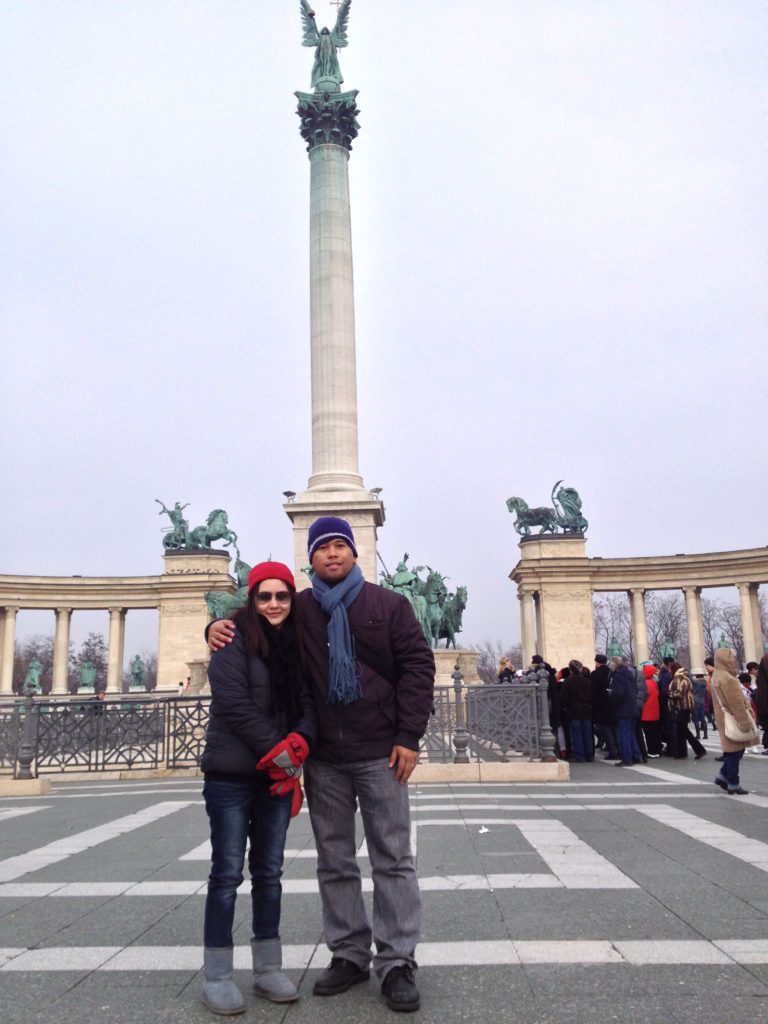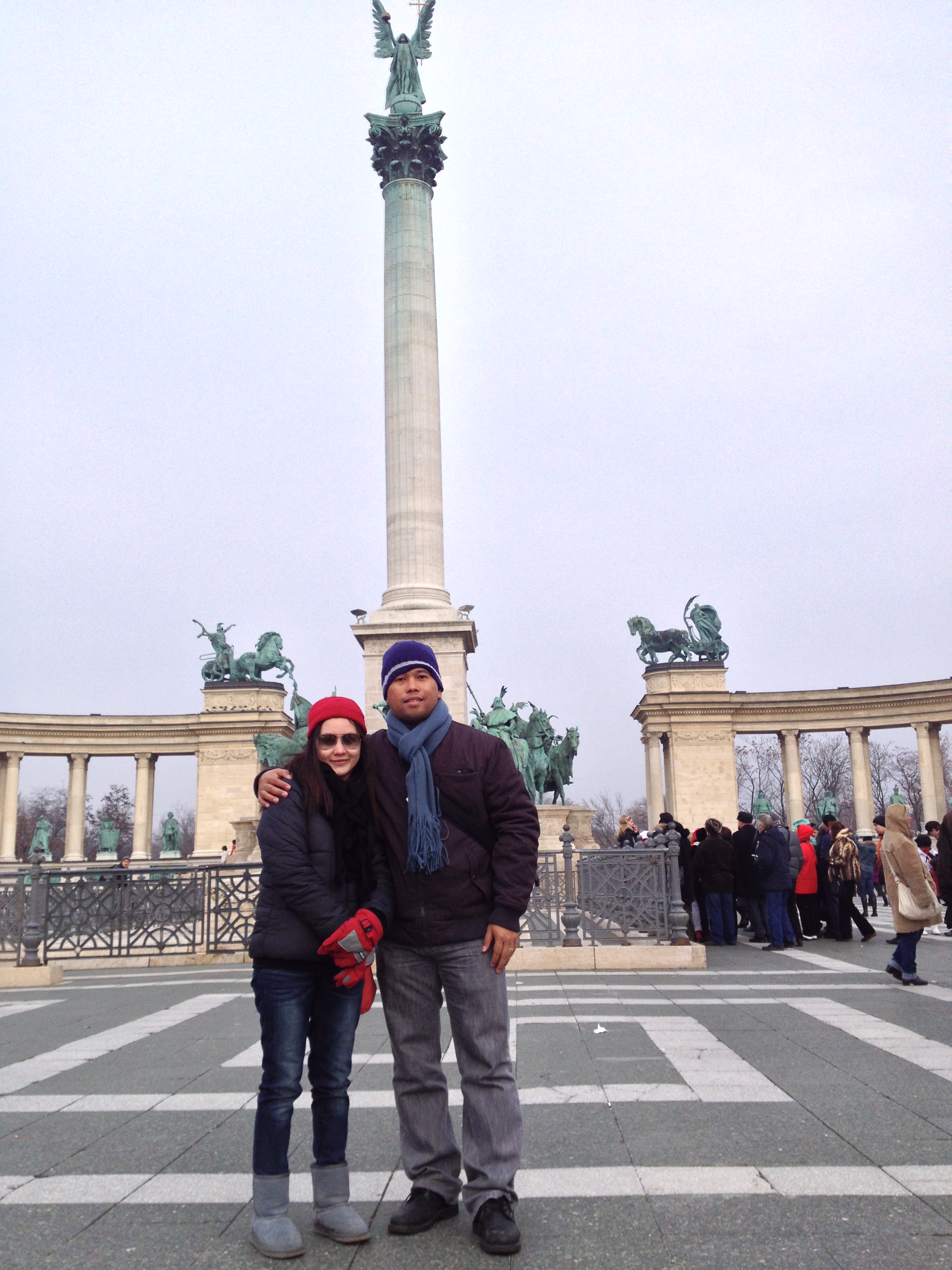Facebook has been etched into our personal life that one might find it unimaginable not to access facebook.com in a day.
With the social media giant firmly entrenched into our daily lifestyle, we’ve already found a digital diary to record our life story, from simple life events to significant milestones. At the same time, these events are also broadcast for everyone to see. A new pair of shoes. The first glimpse of snow. Wedding day. Baby’s first words.
But life is complicated, just like Facebook’s friend connection settings and privacy concerns, and what was thought as a simple update in your ‘Facebook wall’ may bring a certain degree of emotions to those who view them. When sharing words of wisdom from the Bible, a connection may find answers to questions, and transform lives even in a small way. When sharing a status update that you’re moving to another country for ‘greener pasture,’ friends will be happy for you. At least that what their Facebook comments and likes seem to indicate.
But it may not necessarily be true to all. For others, such type of Facebook posts could trigger loneliness, misery, and feeling of inferiority as friends share vacation photos, happy love life, and success at work.
A study jointly conducted by two German universities found that there is rampant envy on Facebook, which now has over one billion users, making it the biggest platform to compare social lives online.
Researchers found that a third of users felt worse and dissatisfied with their lives after visiting Facebook. Visiting may mean browsing, posting updates, or engaging in fan pages, or interacting with connections through comments or chat. Mind you, researchers say, those who browsed Facebook without ‘contributing’ were affected the most. Passive Facebook users could be lurkers who are happy viewing shared media or personal posts rather than ‘leave digital footprint’ in there. ‘Contributing’ to me sounds like posting or sharing on Facebook. Does this mean a third of my friends who barely update their Facebook status — unless they barely access their accounts — end up having negative experience? It’s hard to tell unless I ask them for honest answers.
“We were surprised by how many people have a negative experience from Facebook with envy leaving them feeling lonely, frustrated or angry,” researcher Hanna Krasnova from the Institute of Information Systems at Berlin’s Humboldt University told Reuters.
“From our observations, some of these people will then leave Facebook or at least reduce their use of the site,” said Krasnova, adding to speculation that Facebook could be reaching saturation point in some markets.
A realization put forward by researchers from Humboldt University and Darmstadt’s Technical University made me feel a bit guilty. Vacation photos were the biggest causes of resentment, with more than half of envy incidents traced to viewing someone’s holiday snapshots. Most of the posts I make on Facebook are those when I am traveling. But that’s because I love to travel and not to trigger envy on others.

Next to vacation photos, social interaction is the second most significant cause of envy. In the age of digital marketing where likes, comments and are counted as social engagements, people start using these metrics to measure their worth and compare it with others. It’s easy to examine if you received more Facebook wall birthday greetings than your bitter rival in school or office. Or if your ‘self-portrait’ photos attract more likes and comments than a similar post by someone you know. (This, of course, maybe because you have more friends connected on Facebook.)
The study, which involved 600 German respondents whose replies researchers believe are consistent internationally, showed that people in their mid-30s are most likely to envy family happiness while women were more likely to feel envy over natural looks and attractiveness. Such feelings of jealousy were found to prompt some users to post more about their achievements to portray themselves as superior over others.
Men tend to self-promote on Facebook to highlight accomplishments (work promotion, company awards, beating a personal running record?) while women emphasize good looks and healthy social lives (bikinis, new makeup or hairstyle?).
So if we fail to “like” or praise these photos or updates with our comments, does it mean our passive use of Facebook indicates envy? Only we can answer the question.

